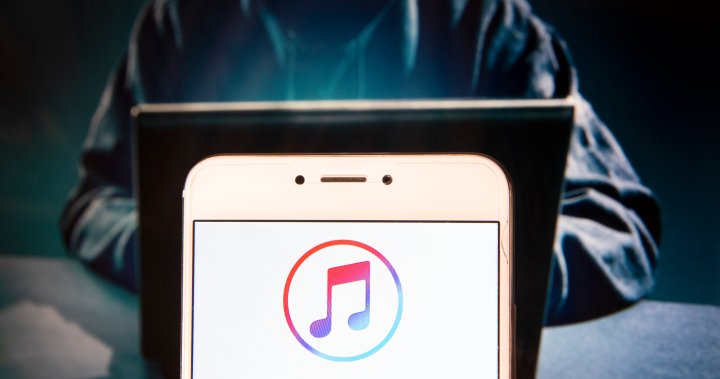
Alan Cross: How much longer will we be able to buy digital downloads of songs?
Global News
For the last couple of decades, iTunes has been our go-to when it comes to buying digital music files. But in the age of streaming, how long will it last?
When Steve Jobs made the rounds of major record labels in 2000, he knew he had them over a barrel.
Music piracy, kicked into high gear by the original Napster the previous June, was a threat to the recorded music industry. The new frontier for music was online and the labels were completely ill-equipped to deal with the greatest shift in music distribution in a century. They had to get in on the business of selling music digitally, but how?
Oh, the labels tried to build their own download stores, but Pressplay (originally called Duet and owned by Universal and Sony) and Musicnet (all the other majors) were miserable failures. First, they were expensive. For $15 a month, fans could stream 500 songs each month, get 50 song downloads and the ability to burn each of those songs to CD 10 times.
Second, it was chaotic for the consumer. You needed to know what label a song or artist was on before. The terms of use were confusing and digital rights management (DRM) locks on the files made moving them around difficult and frustrating. It was much, much easier to just steal music.
Third, the labels couldn’t work together on a unified platform because that would have violated all kinds of anti-trust rules, a legal situation that also help scupper the labels’ proposed purchase of Napster.
The labels had all the digital products but no way to distribute and sell them. Apple’s iTunes offered a way out of this bind.
Jobs convinced the labels that allowing him to sell individual songs for 99 cents each was the way to go. And because the labels had no idea what they were doing — and because Apple was committed to spending millions on marketing (not to mention they had this new gadget called an iPod) — the labels all signed on with the iTunes Music Store.
His pitch worked, and boom — the music industry changed forever.
